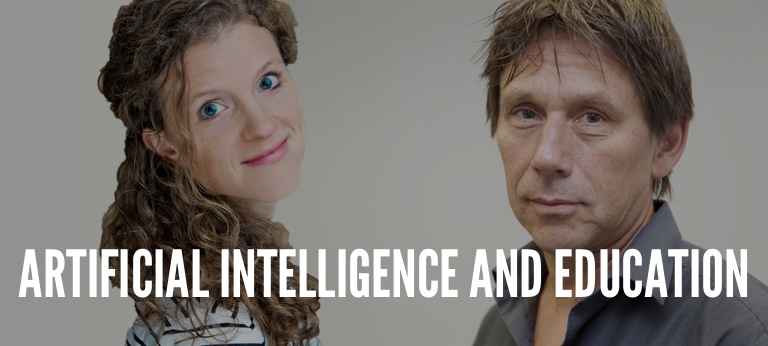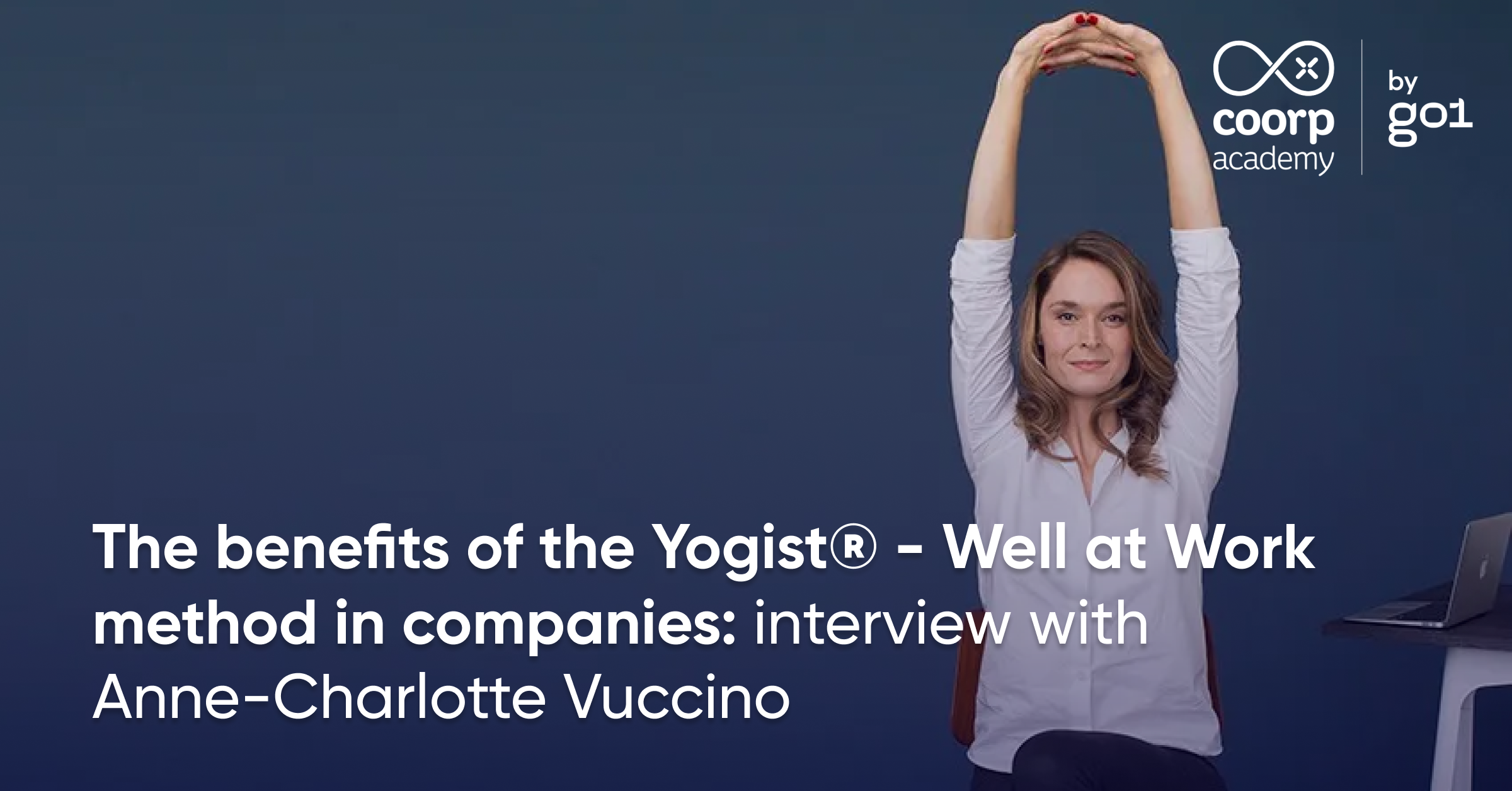3 questions about AI in education
Interview
 Pierre Dillenbourg, Director of two labs working on digital education and MOOCs at EPFL, and Jessica Dehler Zufferey, Head of R&D at Coorpacademy, share their vision on the present and future of AI in education.
Pierre Dillenbourg, Director of two labs working on digital education and MOOCs at EPFL, and Jessica Dehler Zufferey, Head of R&D at Coorpacademy, share their vision on the present and future of AI in education.
Artificial intelligence, machine learning, deep learning and the like are on everybody’s lips. When exposed to these terms, people probably have self-driving cars, military drones, or AI-supported doctors in mind but not learning and teaching. How do you perceive education as a field of application of AI?
Jessica Dehler: We see AI as both the trigger and the solution of the upcoming disruption in education. It is the trigger, because AI profoundly transforms jobs and employment. According to the World Economic Forum, already in 2020 the employment situation for most job families will have dramatically changed (see http://www3.weforum.org/docs/WEF_Future_of_Jobs.pdf) . While robots will of course further reduce the workforce needed in production, the impact of AI for office and knowledge workers is even more important. Their jobs will not simply disappear but the skills set necessary to stay complementary to AI will be very different. AI hence creates a tremendous need to continuously update skills and engage in lifelong learning to ensure one’s employability.
Pierre Dillenbourg: AI is a big part of the solution of this challenge. Already today, machine learning is improving learning in many applications. But they are less visible and tangible than in other application fields, except for education robots which raise many fears. I am often asked if robots will replace teachers. That’s not our goal; we explore more innovative uses. For instance, we make children with reading and writing difficulties teach robots how to read and write, i.e. the kid corrects the robot’s errors while AI maximizes the child’s learning by creating the best errors (see http://chili.epfl.ch/cowriter). That way, the robot is not perceived as super-intelligent agent and we found that kids become more self-confident.
What are your current projects to leverage the potential of AI for education?
Jessica Dehler: At Coorpacademy, we currently work on the next level of adaptive learning on our platform. For us, adaptive learning does not only mean creating the optimal learning path for an individual from a pre-defined curriculum. Rather, we want to cover the whole learning life cycle necessary to ensure employability. That means, individual learners will be supported to achieve their personal learning goals and will be constantly provided with relevant content to train the latest skills in their jobs.
Pierre Dillenbourg: Adaptive learning is a strong current focus at EPFL and is at the heart of our collaboration with Coorpacademy. An ongoing doctoral thesis is dealing with the optimal balance between exploration and exploitation. The quality of the algorithm that selects learning activities and content pieces in an adaptive learning scenario increases the more diverse the data input is. Therefore, taking risks and selecting a next step of unknown value for the user is useful (exploration) instead of simply choosing the secure option (exploitation). However this implies that some individual learners might then be exposed to a sub-optimal selection. Any AI application raises ethical issues. We develop an algorithm that optimizes the evolution of the algorithm while limiting the risks.
Which AI-powered innovations can we expect for the future in the educational field?
Pierre Dillenbourg: Up to now, AI has mostly been applied to technology-enhanced learning environments. One big movement will be the generalization of AI towards diverse educational settings including traditional residential training. Take recommender systems for instance. Today, they are used in online learning settings while tomorrow any university curriculum could be included in the recommendation. That means that AI will influence many stakeholders, learners and teachers but also curriculum designer and educational policy makers.
Jessica Dehler: A big evolution for corporate training will be the identification of training needs from various sources such as forums, performance tracking, search behaviour, reading, work artefacts etc. More generally speaking, working and learning will be heavily intertwined thanks to AI. AI will monitor the skills necessary to successfully realise a given task and propose remedial micro-learning just-in-time. Given the skills proven by an individual, AI will help attribute work tasks in an optimal manner. This will contribute to companies’ agility: changes in business will be efficiently prepared and accompanied by the necessary training of the employees.

